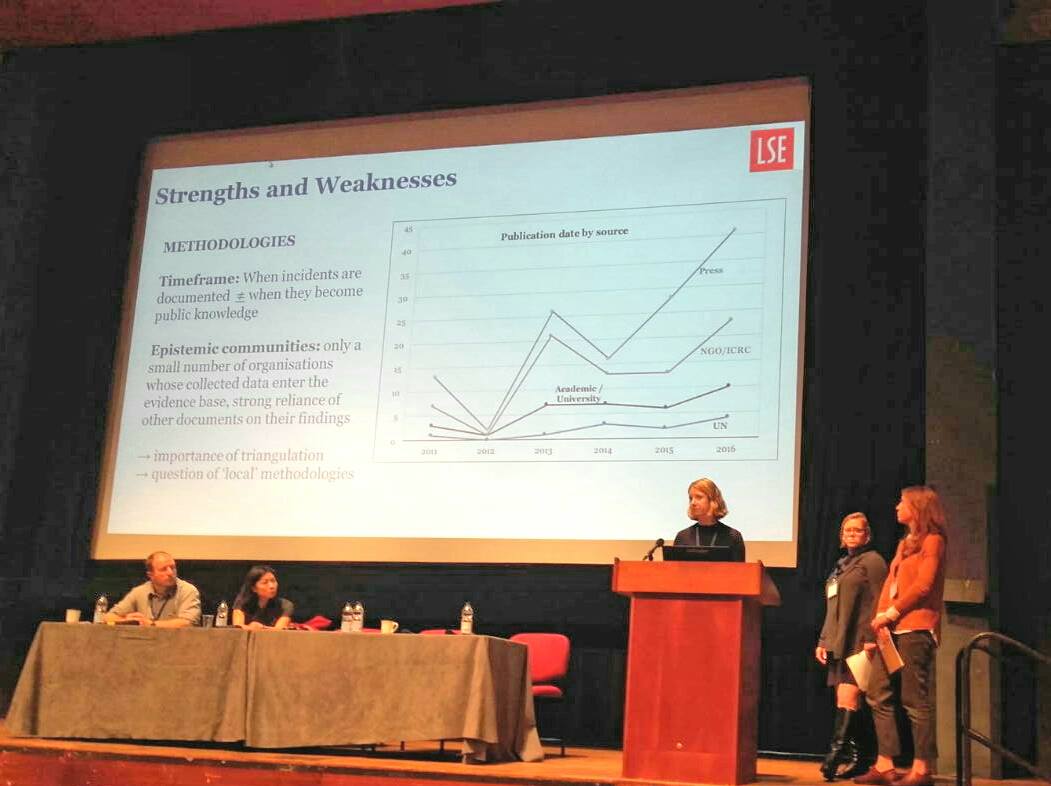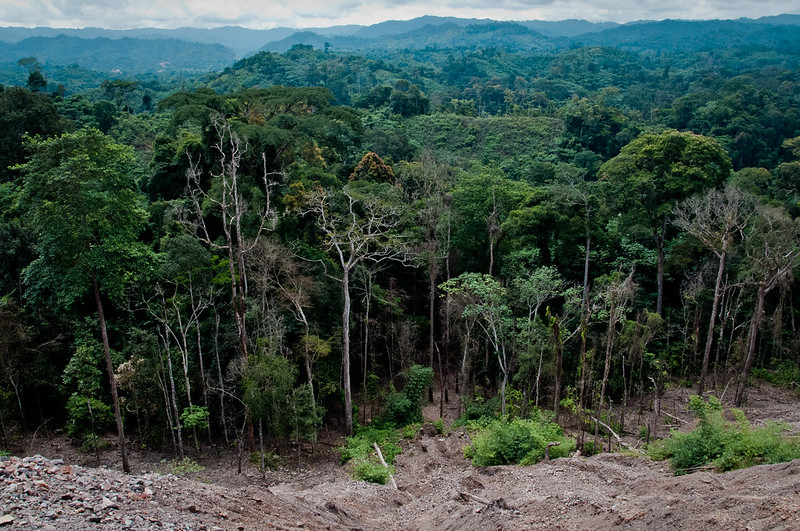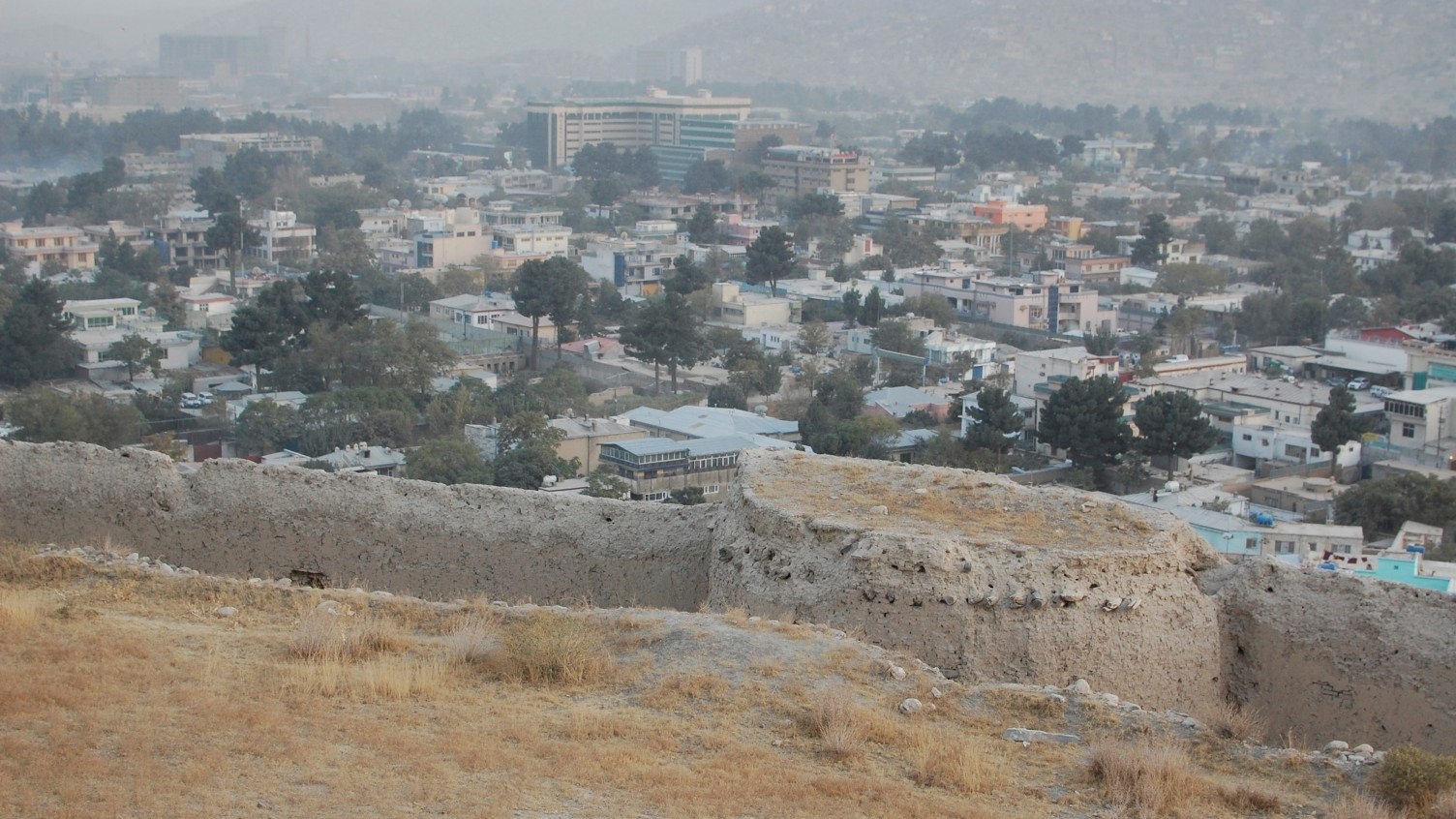
In my previous post I discussed the similarities between apartheid South Africa and contemporary Israel/Palestine; here I discuss the relevance of the comparison as regards ending apartheid and the Israel/Palestine conflict.
The apartheid system came to an end in part due to a very strong international mass movement that persuaded individuals, governments and corporations to boycott, disinvest and sanction the apartheid regime. While not entirely supported by the internal South African anti-apartheid movement – Helen Suzman, the sole opposition MP for many years in the South African parliament, opposed sanctions as she feared they would harm blacks and whites alike – the international movement to isolate the apartheid regime took effect by the end of the 1980s, when FW de Klerk came to power and began to dismantle apartheid. The importance of the boycott movement has been highlighted numerous times by various South Africans such as Desmond Tutu, who claimed that “we would not have succeeded quite to the extent that we did, and perhaps with so much less bloodshed than would otherwise have been the case, had it not been for the sanctions.”
The Boycott, Divestment and Sanctions (BDS) movement against Israel has explicitly drawn inspiration from the South African experience as a way to end the illegal occupation of the West Bank and Gaza and guarantee rights for Palestinians within Israel. Formerly considered a fringe movement largely ignored in the western media, the BDS campaign has become prominent in the last couple of years as a number of organizations have sought to cut ties with Israeli companies and/or non-Israeli companies that operate in the occupied territories. Members of several academic associations have voted to join the BDS movement in the United States, including the Association for Asian American Studies in April 2013, the American Studies Association and the Native American and Indigenous Studies Association in December 2013 and the African Literature Association in April this year. Most recently the Presbyterian Church of America voted in June to divest from corporations who do business with Israel.
The BDS movement faces several hindrances in its campaign if it is to follow the South African example in succeeding in its goals. First, despite the numerous similarities which I highlighted in the previous post, attempts to call Israel an apartheid state remain controversial because, unlike in Israel, South African apartheid was a system rooted in an explicitly racist ideology. The reason why South Africa was banned from the Olympics, the FIFA World Cup and various other sporting events was that its leaders refused to allow non-whites to play for their nation; as noted in the previous post, in contrast Arab Israelis are represented in the Knesset, the officer corps of the Israeli Defence Force and the Supreme Court, not to mention the Israeli national football team. “Whites only” signs encapsulated the apartheid regime in a single image and made it thus easy to criticize the regime; in contrast, the lack of official racism in Israel makes it much harder for the BDS movement to drum up mass support.
Of course, there is often a tendency to think of apartheid only as a system of institutionalized racism rather than one which economically and socially oppressed the African majority. Israeli apologists rightly state that Israel has never practiced official segregation, with separate beaches or benches for Muslims and Jews. Yet segregation is not the same as apartheid, as the example of the US South up until the 1960s makes clear. Moreover, it is notable that it was not “whites only” signs – known locally as “petty apartheid” – that drove resistance within South Africa but rather the extreme structural political and economic oppression that was perpetuated by the system.
It is thus true that apartheid South Africa was far more racist than Israel is today, at least at the official level. However, we should put apartheid in historical context, as many of its practices were by no means unusual at the time, especially in the 1950s and 1960s. The apartheid system was set up in 1948, when almost all of Africa was still colonized under the ideological justification that non-democratic European rule over blacks was justified and civilized. It was only after decolonization swept the continent in the 1960s that South Africa began to look like an anomaly as its leaders continued to use the language of enlightened colonialism to justify their refusal to extend the franchise to their black citizens. Today it would be impossible for apartheid South Africa to exist in the same form simply because institutionalized racism is no longer acceptable in any form.
The BDS campaign might, in this sense, be more successful in attempting to portray Israel as far away from international norms as was apartheid South Africa, not due to explicit racist policies but in its defence of a Jewish state. Indeed, the experience of the Holocaust has led to the argument that, due to their long history of persecution, Jews need to have a state of their own where they comprise the majority. This is not particularly different from how right-wing Afrikaners have argued for the creation of a Volkstaat within South Africa where they comprise the majority in order to allow them to preserve their language and cultural heritage from being swamped in a black-majority English-speaking South Africa.
Both ideologies are, of course, based in older notions of ethnic self-determination of a world of homogenous nation-states. Yet the world looks very different today than it did when Israel was created in 1947, with functioning multinational democracies now the norm across many parts of the world. Popular contemporary nationalist parties like the Scottish National Party in Scotland are based on an explicitly non-ethnic ideology, with civic notions of loyalty to the state the true arbiter of identity rather than descent. One could argue that the ethno-religious basis of current Zionism is out of place in a world increasingly based on civic values, and neglects the forgotten history of attempts to promote a civic nation of all inhabitants of Israel in previous generations under the Canaanite Movement and the Hebrew Committee of National Liberation.[1]
Second, if the BDS campaign manages to get mass support, is it likely to have an impact on Israeli policy? It is possible that individual organizations’ actions will just be a drop in the ocean when it comes to Israeli trade and are thus a waste of time. Yet as with the anti-apartheid movement, the potential exists for a snowball effect with the BDS movement, which in the former case took about a quarter of a century to become a mass international movement.
Moreover, focussing purely on the economic effects of BDS is wrong: the sanctions against South Africa actually had very little direct effect on the South African economy, which was largely self-reliant at the time. However, the psychological effect of sanctions was much greater, in that it promoted a sense of isolation among white South Africans who considered themselves part of the Western world and explicitly compared themselves to other settler states. For instance, shortly before he was assassinated in 1966 Prime Minister Henrik Verwoerd claimed that South Africa was “part of the White man’s domain in the world” and, just like Australia, New Zealand and parts of the Americas, South Africa was an “anchor… of Western civilization.” Sanctions helped to separate South Africa from the rest of the western world and destroyed the idea that South Africa was just another normal state as so many apartheid leaders claimed. As the ANC activist and politician Ronnie Kasrils put it, sanctions “generated a change of attitude amongst the South African white public” as they began to be “shunned like Biblical lepers” across the world.
The same truth goes for Israel, whose leaders and foreign apologists have repeatedly attempted to play up the supposed fact that it is the only democracy in the Middle East as well as its cultural links to the western world. Just as Verwoerd – who was born in the Netherlands and educated partly in Germany – repeatedly described South African whites as “European” and blacks as “non-European”, so too has the MIT-educated current Israeli Prime Minister Benjamin Netanyahu emphasized Jerusalem’s status as the “cradle of our common civilization” and how Israel and the US “stand together on the right side of the moral divide.” Israel’s cultural, academic and economic links with Europe and the US are taken very seriously – such as its annual participation in the Eurovision song contest – and, as I noted in the previous post, it is no accident that the far-right Foreign Minister Avigdor Lieberman has advocated for Israeli membership in both NATO and the EU (while also stating his desire to force large numbers of Israeli Arab citizens to give up their citizenship in his population-exchange plan).
Third, the BDS campaign will have to confront the criticism that it is unfair to target Israel for international condemnation when much worse things are happening elsewhere. Thus, in Netanyahu’s recent words, “in the Middle East, bludgeoned by butchery and barbarism, Israel is humane; Israel is compassionate; Israel is a force for good.” Of course, this argument-by-comparison is no different from Verwoerd’s claim that “South Africa has done and is doing more for the welfare of its non-white people than any other state in Africa.” Just as today newspaper columnists echo this claim about Israel being held to a higher standard than other countries, so too did journalists like George Will in the 1980s, claiming South African violence towards blacks paled in comparison to the then situation in Uganda, for instance.
Finally and perhaps most importantly of all, the BDS campaign will have to deal with criticisms that, by promoting the right of return of all Palestinians, its end goal will be the destruction of Israel as a Jewish state (also known as the one-state solution). Many people inside and outside Israel have expressed concerns that Jews would become a despised minority under a one-state solution, governed by a fundamentalist Muslim regime intent on destroying Israeli-Jewish society that would resemble Zimbabwe more than South Africa. It is also true that the one-state solution is supported by a minority of activists, with many more supporting the return to two states of Israel and Palestine along the 1967 borders.
Yet the pessimism that exists around the potential of the one-state solution is no different than that which for decades hung over South Africa, as seen in Margaret Thatcher’s famous 1987 comment that “anyone who thinks [the ANC] is going to run the government in South Africa is living in cloud-cuckoo land.” Internally there was serious concern in the 1980s among most South African whites that majority rule would lead to the destruction of their wealth and a bloodbath of racial violence. This fear was at least partially responsible for the emigration of hundreds of thousands of white South Africans after 1994.
However, after flattening out during the 1970s and 1980s, income per person among South African whites has actually dramatically increased since the end of apartheid. While the political transition saw a large amount of violence which translated into some of the highest murder rates in the world by 1994, the murder rate has steadily declined over the past twenty years from 62 per 100,000 people to 31 per 100,000. Moreover, far from being the primary target of violence, whites are far less likely to be murdered than members of all other racial groups, inasmuch as they are around 9% of the population but only account for 2% of all murders.
In other words, ending apartheid has been a major success for South African whites rather than the huge disaster than so many predicted at the time. In large part this was because Nelson Mandela and others in the ANC clearly saw that white South African capital and expertise was necessary for the country to move ahead. Genocide and mass violence against South African whites would have served the purpose of revenge but would simultaneously have also destroyed the new country’s tax base alongside any hope for poverty reduction among the African majority. In Israel there have been concerns that its portable high tech sector would leave upon being asked to pay higher taxes; yet in South Africa the technology sector has hardly suffered over the past twenty years, with ICT firms like MTN successfully expanding into 22 countries over the past two decades, and there has been some recent reverse brain drain as hundreds of thousands of highly-skilled South Africans have returned to the country since 2008.
[1] Chaim Gans, A Just Zionism : On the Morality of the Jewish State. Oxford: Oxford University Press, 2008.





